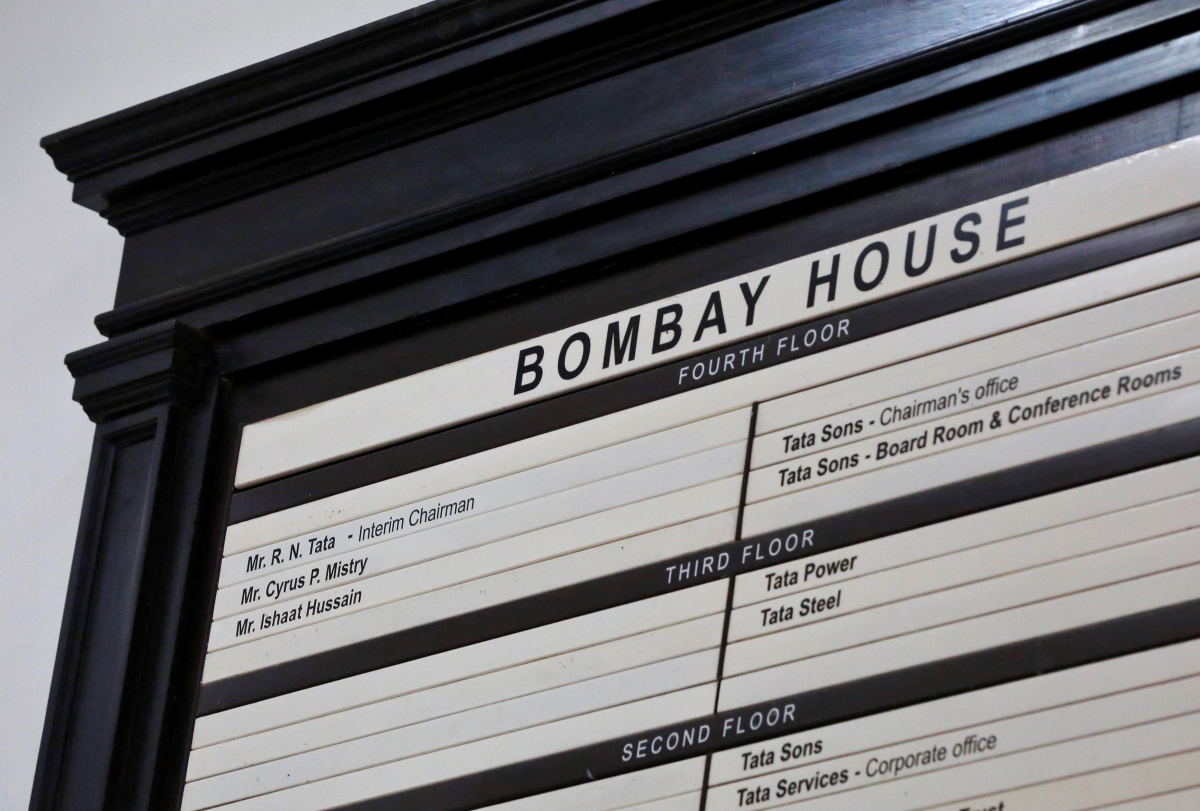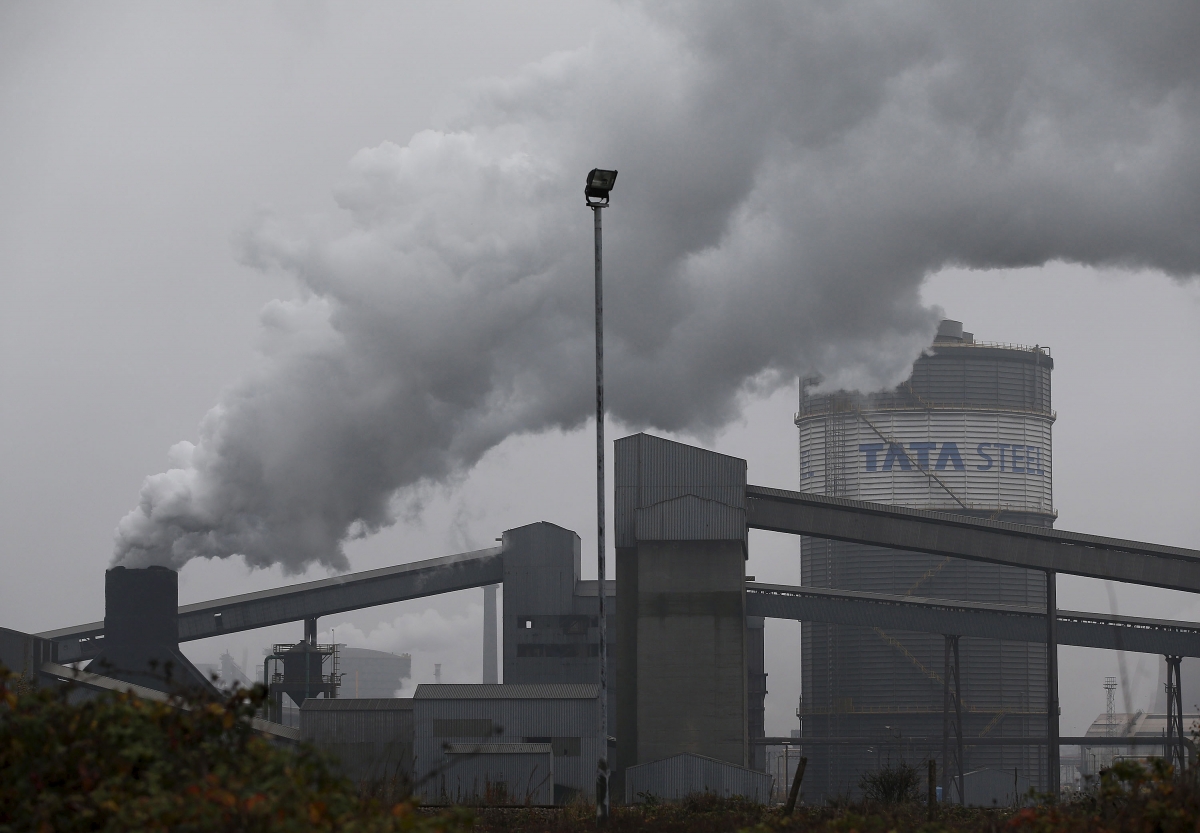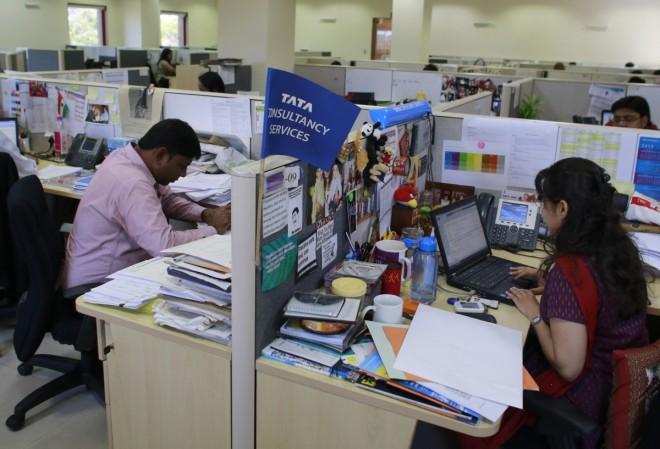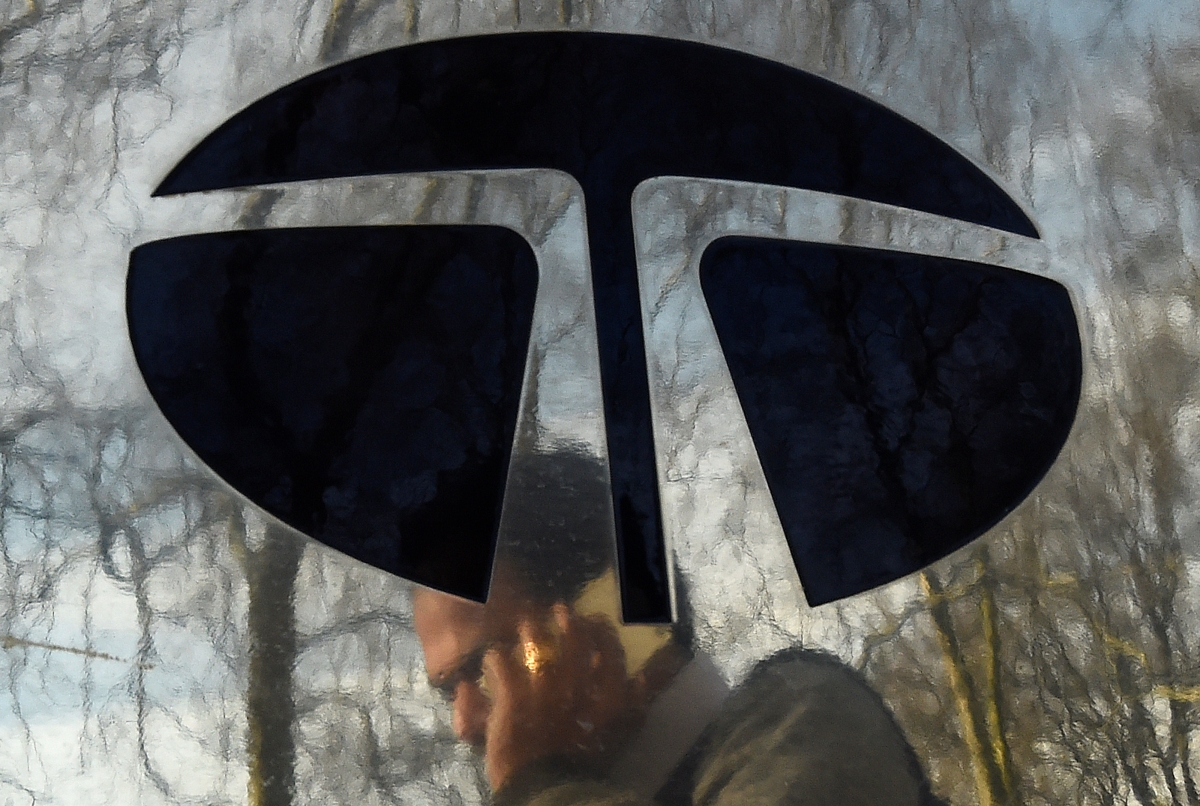The turmoil at Tata Group, India's biggest industrial conglomerate, has drilled a $16 billion hole in the pockets of shareholders in about 40 days. The market capitalisation of the Group's 29 listed companies fell from $125 billion as on October 6, 2016, to $108.89 billion as of November 17, 2016.
Some of the prominent listed entities of the Group include Tata Consultancy Services (TCS), Tata Motors, Tata Steel, Tata Chemicals, Tata Global Beverages, Indian Hotels Company (owner of Taj Hotels) and Voltas.
On Monday (November 21), TCS shares were trading at Rs 21,32.60 apiece, Tata Steel at Rs 371.40, Tata Motors at Rs 457.50, Tata Chemicals at Rs 449.30, Tata Global Beverages at Rs 116.65, IHC at Rs 91 and Voltas at Rs 296.20.
The crisis at the Group that comprises about 100 companies and a workforce of 6.60 lakh employees who contributed to its aggregate turnover of $103.5 billion (for the financial year 2015-16) was triggered by the abrupt sacking of Cyrus Mistry as the chairman of its holding company, Tata Sons, on October 24, 2016. Mistry was appointed as the chief of Tata Sons in December 2012.
Within a day, Mistry shot off a long letter to the board of Tata Sons, responded by the company with a refusal and counter-allegations. The letter hogged the limelight since it highlighted some of the controversial decisions taken by the listed as well as unlisted companies (Tata Motors, Tata Steel, Tata DocoMo, AirAsia India) and claimed a potential impairment of $18 billion.
"On the performance of the portfolio, as you are aware from my presentations to you in the recent past, if we look at the aggregate data between 2011 and 2015 and limit the analysis largely to the legacy hotspots (IHCL, Tata MotorsPV, Tata Steel Europe, Tata PowerMundra. and Teleservices), it will show that the capital employed in those companies has risen from Rs 132,000 crores to Rs 196,000 crores (due to operational losses, interest and capex).
"This figure is close to the net worth of the group which is at Rs. 174,000 crores. A realistic assessment of the fair value these businesses could potentially result in a write down over time of about Rs 118,000 crores."
The counter-attack by Tata Sons saw an almost point-by-point rebuttal, apart from addressing a larger audience of domestic investors.
"We have received emails and calls from many across the globe since the board of Tata Sons decided to change its Chairman. Some have shared concerns following the decision, while many have asked questions about the future course of the group and its companies and operations.
We understand and appreciate that a period of change like this can lead to a sense of uncertainty and would like to put forward some facts so that the decision is seen in the desired perspective."



















